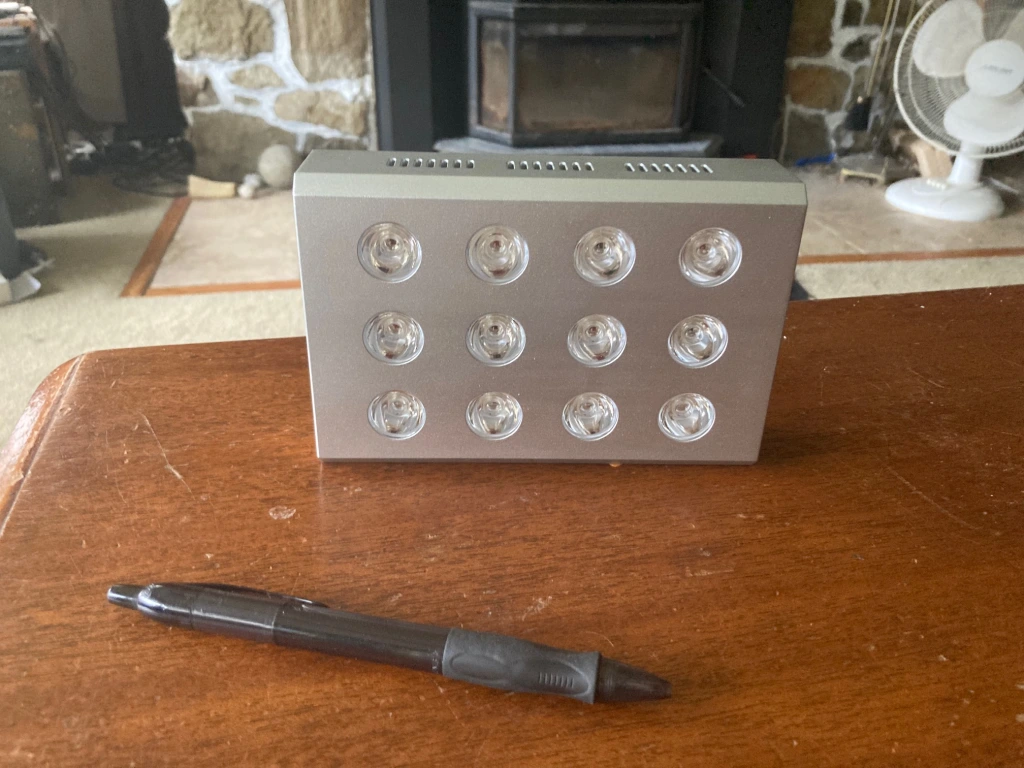This is the time of year in Canada when the temperatures start to dip below zero and the snows come. Ironically that usually happens much earlier than December! But this year, it’s mid-December and we are just getting our first real snow accumulations at Rose Hill Farm.
Every year, people go to extreme measures to “protect” their flocks in winter. And it’s true, some types of chickens need a lot of winter protection to make it through. But not all breeds.
In fact, I often think people do themselves and their birds a disservice by over-doing winter protections.
Here are the three most important things you can do for chickens to help them through the winter – and no – this list does not include adding heat!
Mop up Moisture!
The biggest threat to chickens in the winter is too much moisture. As the temperatures dip below zero, excess moisture in the coop at night can lead to frostbite.
Strategies include:
- either removing manure or adding more bedding to more rapidly deep-bed the pen,
- providing water outside the coop instead of inside to avoid spills and evaporation, and
- providing enough perch space for the number of birds that you have.
Allow Air Flow!
Sealing up a chicken coop too tightly, or over-insulating the coop, can lead to a build up of moisture. Chickens breathe and when they do they release moisture into the air. They are also warmer than the surrounding air, so they can lose moisture from their skin and feathers.
There has to be adequate ventilation to allow this moisture to dissipate. If it builds up on the inside of the roof and walls, it can lead to frost bite in the winter, and mold in the spring.
Make sure there is venting in the roof or through windows to allow that moist air an escape route.
Deflect Drafts!
Perhaps the hardest balance to strike is the difference between allowing air flow but preventing down-drafts on the perches where the birds congregate.
One good way to check for issues is to go out into the coop on a wintery night with a headlamp and see what the birds are actually doing. If they are piled into some unexpected corner then you know you have a draft issue.
Try identifying what is causing the birds to behave this way. Can you feel a draft yourself when you stand by the perches or where you thought they should be roosting? Try adding a baffle (a piece of hard or soft plastic can work) to prevent the cold air from directly descending on the birds while not shutting off the air flow.
I try to have a flat board, usually on the top of my nest boxes, where the birds can congregate and lower they bodies down over their feet. I also find these boards are easy to scrape the manure off making cleaning the winter coop fast. They will use these areas as long as they are not in a wintery blast of cold air!
Remember, not all chickens hate winter and snow!
One way to get winter loving chickens is to buy from someone whose birds are active and outdoors in the winter.
Check out my flock of barred rocks, blue Marans, and my blue-barred rooster BB as they cruise through the fresh snow in this video. We had 6 inches overnight and woke to this beautiful winter morning. The chickens certainly didn’t mind. You can hear the Silver Appleyards carrying on in the background.
These chickens remind me of a crowd milling around waiting for the outdoor hockey game to begin. . . .but actually what they are waiting for is me to drop them some scratch.
Or how about these young roosters cruising around to my front yard on a wintery day?
If you live in a wintery place, choosing breeds capable of thriving through winter certainly takes the work and stress out of managing a flock. Remember that mopping up moisture, allowing air flow and deflecting drafts are critical steps for helping your flock through the winter.
Your chickens will thank you.
Are you interested in creating more food abundance in your life?
Join me at Food Abundance Revolution courses, tips and resources that can help you build personal and community resilience and sustainability. Just click on the image or link below and sign up for FAR! The Food Abundance Revolution Newsletter, and download your free gift: Cultivate Your Abundance Mindset Checklist!

Looking for farm-tested supplies? Visit the Shop page.




